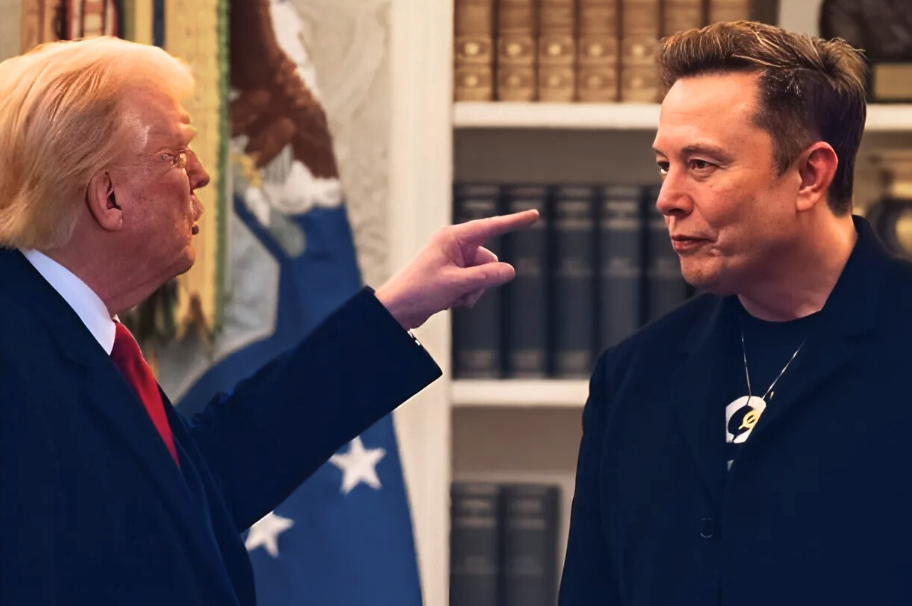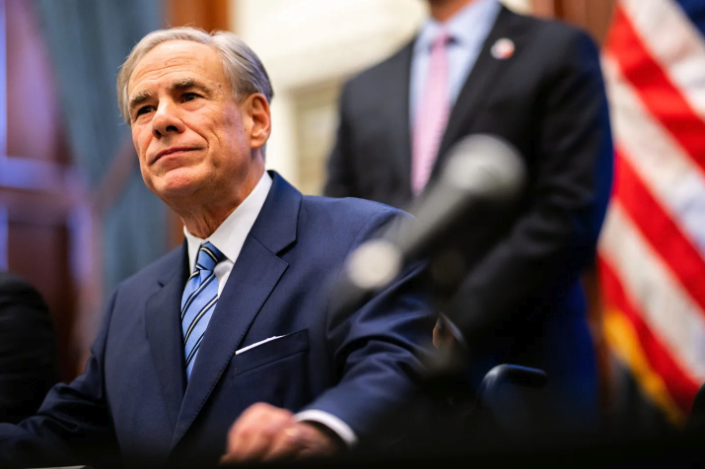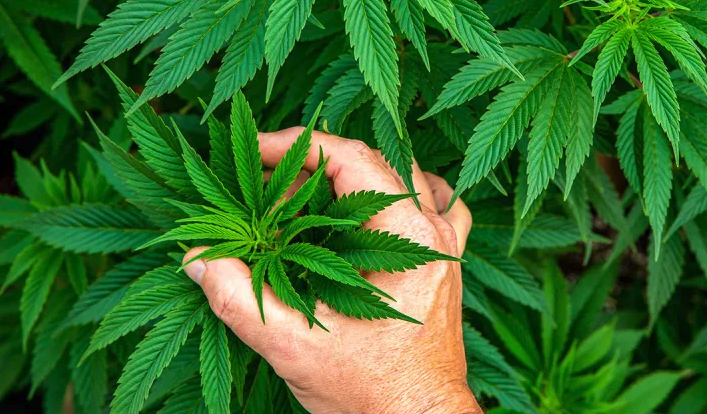New Bill Aims to Make All Pornography a Federal Crime in the U.S.

Senator Mike Lee’s Interstate Obscenity Definition Act Sparks Debate on Free Speech and Child Protection
A new bill introduced by Republican Senator Mike Lee of Utah and co-sponsored by Representative Mary Miller of Illinois seeks to redefine obscenity at the federal level, potentially criminalizing all pornography in the United States.
The Interstate Obscenity Definition Act (IODA), introduced on May 8, 2025, has ignited a fierce debate over free speech, child protection, and the role of government in regulating content.
The bill aligns with broader conservative efforts, including the Heritage Foundation’s Project 2025, which has long advocated for cracking down on pornography.
What the Bill Says
The IODA aims to update the legal definition of obscenity to better fit the digital age.
Under current law, established by the Supreme Court in Miller v. California (1973), material is considered obscene if it appeals to the prurient interest, is patently offensive by contemporary community standards, and lacks serious literary, artistic, political, or scientific value.
Lee’s bill would expand this definition significantly.
According to the bill’s text, any “picture, image, graphic image file, film, videotape, or other visual depiction” that “appeals to the prurient interest in nudity, sex, or excretion,” depicts or represents actual or simulated sexual acts with the intent to arouse or gratify sexual desires, and lacks serious value would be classified as obscene.
This broader definition could encompass virtually all pornography, including content currently protected under the First Amendment.
The bill also removes the requirement that the transmission of obscene material be intended to abuse, threaten, or harass someone.
This change would make it easier to prosecute creators and distributors of such content, though the punishments for merely possessing pornography remain unclear.
Critics warn that the bill’s language is so broad it could criminalize not just hardcore pornography but also mainstream content like Game of Thrones.
However, the legislation’s focus appears to be on punishing those who produce and distribute explicit material rather than individual consumers.
Background on Obscenity Laws
Obscenity has long been a contentious area of law in the United States.
While the First Amendment protects freedom of speech, it does not extend to obscene material.
However, defining what is obscene has proven challenging, especially with the rise of the internet, which allows content to be accessed across state lines and internationally.
The Miller Test, established in 1973, has been criticized for its vagueness and for varying interpretations across different communities.
Senator Lee argues that this ambiguity has allowed extreme pornography to proliferate online, reaching children and saturating American society.
The IODA seeks to address this by creating a uniform federal standard for obscenity, particularly for content transmitted across state lines or from foreign countries.
Support for the Bill
Senator Lee has been vocal about his support for the bill, stating, “Obscenity isn’t protected by the First Amendment, but hazy and unenforceable legal definitions have allowed extreme pornography to saturate American society and reach countless children.
Our bill updates the legal definition of obscenity for the internet age so this content can be taken down and its peddlers prosecuted”.
Representative Mary Miller, the bill’s House co-sponsor, echoed these sentiments, emphasizing the need to protect children from harmful content.
“The Interstate Obscenity Definition Act equips law enforcement with the tools they need to target and remove obscene material from the internet, which is alarmingly destructive and far outside the bounds of protected free speech under the Constitution,” she said.
The bill aligns with the goals of Project 2025, a conservative policy blueprint led by the Heritage Foundation.
In its Mandate for Leadership, Project 2025 defines pornography as the “omnipresent propagation of transgender ideology and sexualization of children” and calls for its criminalization.
The foundation argues that those who produce and distribute pornography should be imprisoned, and telecommunications firms that facilitate its spread should be shuttered.
Criticisms and Opposition
Critics of the IODA argue that the bill is overly broad and could infringe on free speech rights.
The Free Speech Coalition, a trade association for adult entertainment, has expressed concern that the bill could shut down a significant portion of the internet.
Mike Stabile, the coalition’s director of public affairs, told VICE News that the bill has garnered significant attention among its members, who fear it could criminalize consensual adult content.
The American Civil Liberties Union (ACLU) has historically opposed obscenity laws, arguing that they are vague and subjective, potentially chilling legitimate expression.
While the ACLU has not issued a specific statement on the IODA, its general position on obscenity suggests opposition to such measures.
In a position paper on freedom of expression, the ACLU states, “A free and democratic society should guarantee every individual the right to decide what art or entertainment they read, watch, or listen to”.
Opponents also point out that the bill’s language could be used to target not just pornography but also artistic or educational content.
Resist.bot, a platform for political activism, provided a template for opposing the bill, highlighting concerns about free expression and individual liberties.
“The bill’s attempt to define and police ‘obscenity’ on the internet is deeply troubling, particularly given the vague and subjective nature of such definitions,” the template reads .
Key Provisions of the IODA
| Aspect | Details |
|---|---|
| Definition of Obscenity | Includes any visual depiction that appeals to the prurient interest in nudity, sex, or excretion, depicts sexual acts to arouse or gratify, and lacks serious value. |
| Scope | Applies to content transmitted across state lines or from foreign countries. |
| Changes to Existing Law | Removes the requirement that transmission be intended to abuse, threaten, or harass. |
| Focus | Targets creators and distributors, with unclear penalties for possession. |
| Potential Impact | Could criminalize most pornography, including mainstream content. |
Broader Context
The anti-pornography movement in the U.S. has a long history, with various groups advocating for restrictions on sexual content for moral, religious, or feminist reasons.
In recent years, the focus has shifted to protecting children from online pornography, leading to state-level laws requiring age verification for accessing adult websites.
Over a dozen states have passed legislation to curb youth access to porn, though many of these laws are facing legal challenges.
For example, Utah has implemented strict age-verification requirements for pornographic websites, a move supported by Senator Lee.
The IODA represents a federal approach to addressing the issue, potentially setting a national standard for obscenity.
The Heritage Foundation’s Project 2025 has played a significant role in shaping this debate.
Launched last year, the project laid out a policy blueprint for a future conservative administration, including the permanent criminalization of all pornography.
Kevin Roberts, president of the Heritage Foundation, wrote in the project’s introduction that children are suffering from the “toxic normalization of transgenderism with drag queens and pornography invading their school libraries”.
Project 2025 equates pornography with the “sexualization of children” and calls for its complete eradication.
Potential Legal Challenges
If passed, the IODA is likely to face constitutional challenges.
The Supreme Court has consistently upheld the First Amendment’s protection of non-obscene sexual expression.
Laws that are too vague or overly broad risk being struck down as unconstitutional.
For example, in Reno v. American Civil Liberties Union (1997), the Supreme Court struck down provisions of the Communications Decency Act that criminalized “indecent” speech on the internet, finding them too vague and restrictive.
Critics of the IODA argue that its broad definition of obscenity could face similar scrutiny.
The bill’s language, they say, is so expansive that it could criminalize content that does not meet the current legal standard for obscenity, potentially violating First Amendment protections.
Impact on Society and Industry
The IODA could have far-reaching effects on the adult entertainment industry, which generates billions of dollars annually.
Criminalizing the production and distribution of pornography could lead to significant job losses and economic disruption.
It could also affect technology companies that host or transmit such content, as Project 2025 calls for shutting down firms that facilitate its spread.
For consumers, the bill raises questions about privacy and personal freedom.
While the legislation focuses on creators and distributors, the broad definition of obscenity could lead to uncertainty about what content is legal to possess or view.
The bill’s emphasis on protecting children reflects broader concerns about the accessibility of pornography online.
Studies suggest that exposure to explicit material can have negative psychological effects on young people, though the extent of the harm is debated.
Supporters argue that a federal standard is necessary to address this issue, while critics contend that existing laws and parental controls are sufficient.
Legislative Outlook
The IODA is in the early stages of the legislative process and has been referred to the Senate Committee on Commerce, Science, and Transportation.
Its passage is uncertain, given the polarized nature of Congress and the controversial nature of the bill.
Even if it passes, legal challenges could delay or prevent its implementation.
The bill’s introduction comes at a time of heightened political tension, with conservatives pushing for stricter regulations on content they view as harmful.
The Heritage Foundation’s Project 2025 has gained attention for its ambitious agenda, which includes not only criminalizing pornography but also rolling back policies related to LGBTQ+ rights and reproductive freedoms.
The Interstate Obscenity Definition Act represents a significant escalation in the ongoing battle over pornography in America.
While supporters see it as a necessary step to protect children and combat the spread of extreme content, opponents warn of its potential to erode free speech and criminalize consensual adult expression.
As the bill makes its way through Congress, it will undoubtedly spark heated debates and legal scrutiny, highlighting the complex interplay between free speech, morality, and the law in the digital age.
The outcome of this legislative effort could reshape how Americans access and consume sexual content for years to come.















